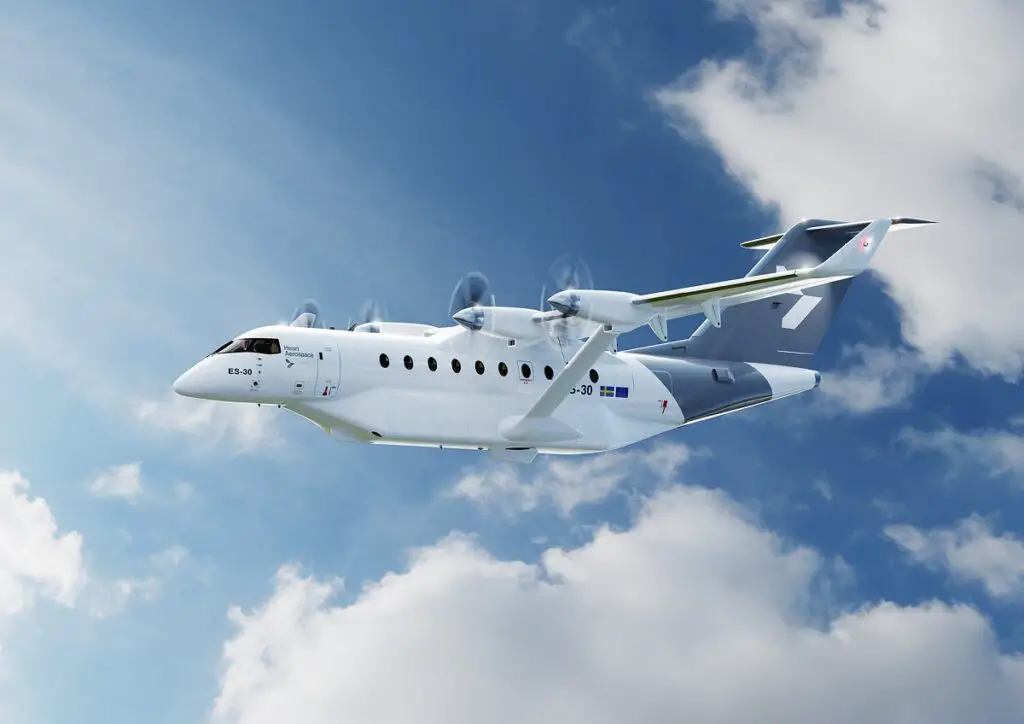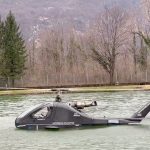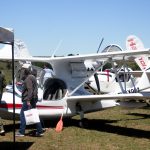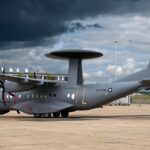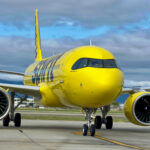BAE Systems announced that it will collaborate with Swedish electric aircraft manufacturer Heart Aerospace in order to develop an innovative lightweight battery for the ES-30 electric aircraft. The programme will be carried out at the British company’s facility in Endicott, New York.
A battery for the Heart Aerospace ES-30
According to the two companies, it would be the first battery of its kind to be integrated into a conventional take-off and landing regional aircraft. This would enable increased operational efficiency through reduced greenhouse gas emissions and noise impact.
«Our industry-leading solution builds on decades of expertise delivering technologies and systems needed to progress sustainable transportation», said Ehtisham Siddiqui, VP and General Manager of Controls and Avionics Solutions at BAE Systems. «We are delighted to collaborate with Heart Aerospace on the innovative battery system for its electric airplane», he added.
«BAE Systems’ extensive experience in developing batteries for heavy-duty ground applications, and their experience in developing safety critical control systems for aerospace, make them an ideal partner in this important next step for the ES-30 and for the aviation industry», said Sofia Graflund, COO at Heart Aerospace.
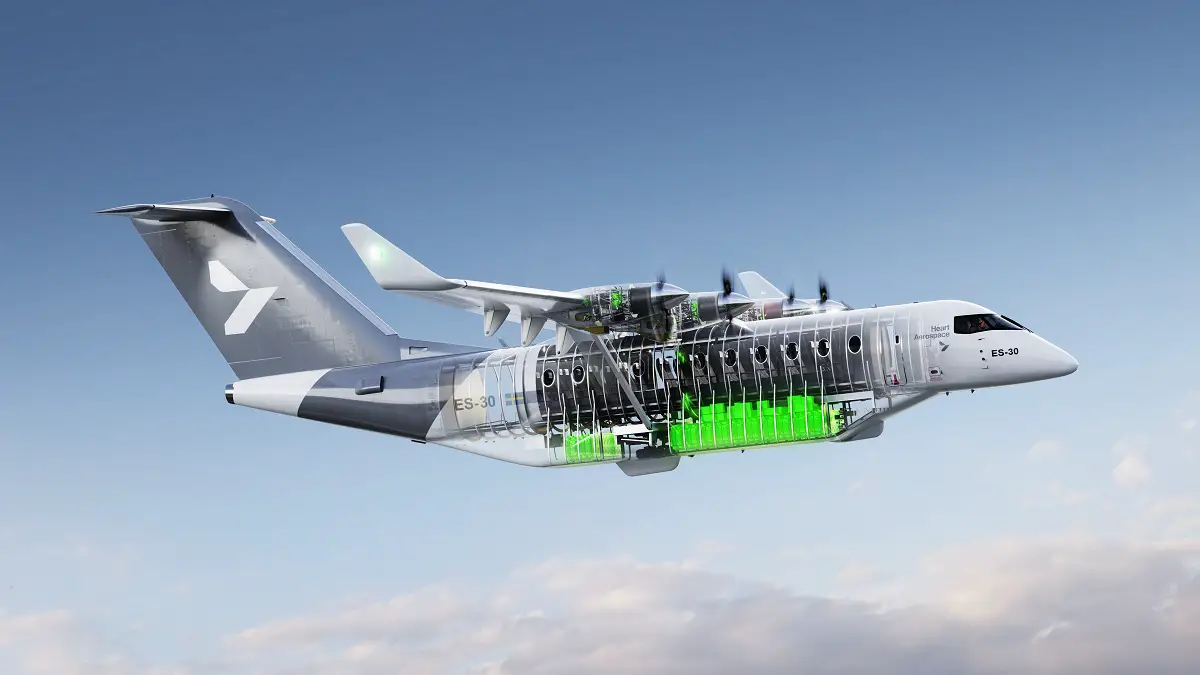
The ES-30
According to its developer, the ES-30 will be powered by battery-powered electric engines. It will thus operate without emitting greenhouse gases during flight and will have a substantially lower noise impact compared to regional aircraft powered by existing fossil fuel sources.
In addition, it will include a hybrid standby configuration, consisting of two turbogenerators powered by sustainable aviation fuel (SAF). This will provide an additional power reserve guarantee that will not affect the range of the batteries. The system can be used on longer flights to complement electric propulsion.
According to the manufacturer, it will have a range of up to 200 kilometres with electric propulsion and an extended range of 400 kilometres carrying up to 30 passengers. However, the aircraft will be able to fly up to 800 kilometres carrying twenty-five passengers, in a similar scheme to many regional commercial services currently available.
See also: Air Canada, SAS and Rockton are interested in acquiring the ES-30, developed by Heart Aerospace

